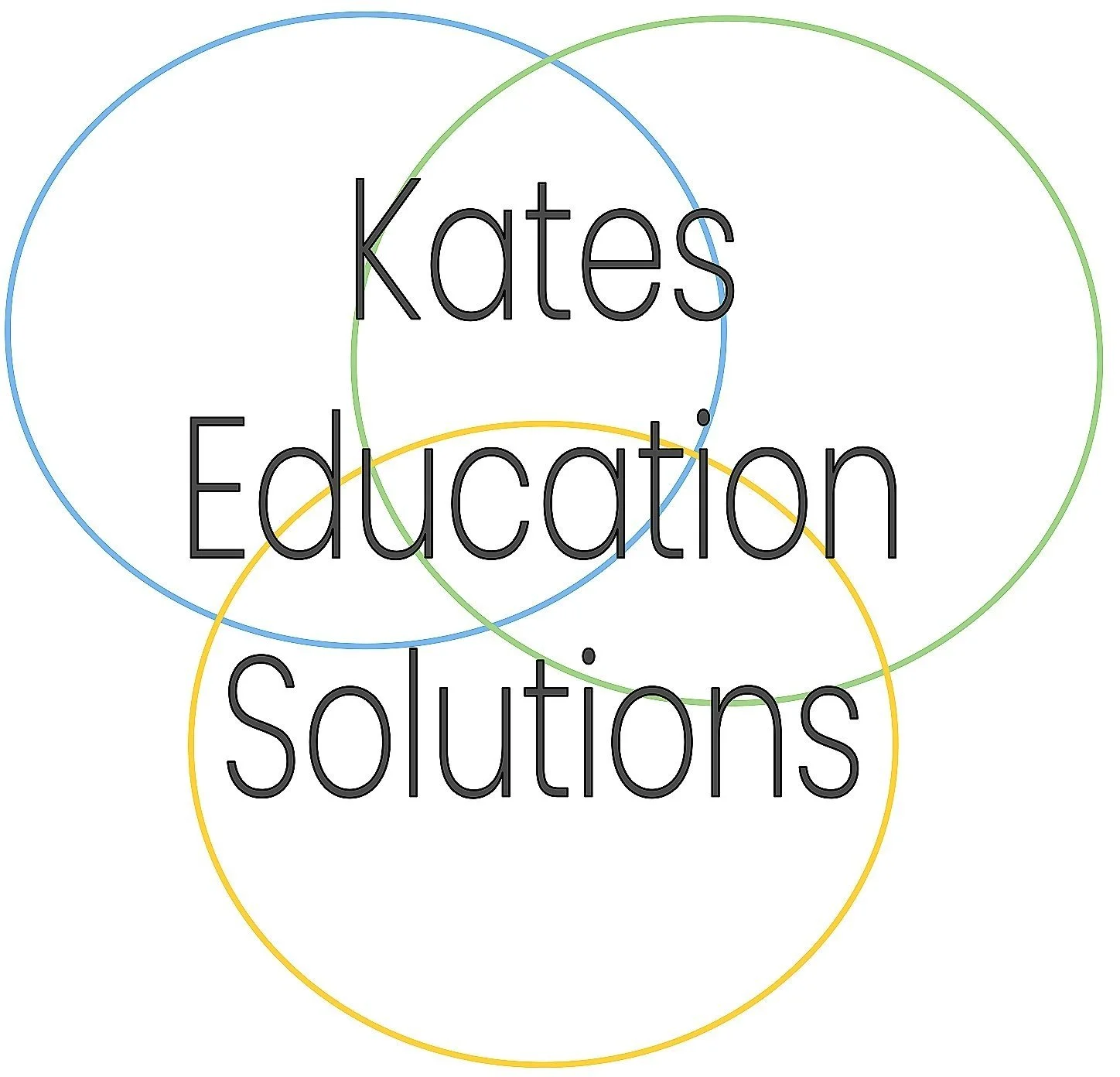Assessment
The most valuable assessments support neurodivergent individuals to identify not only a diagnosis and/or challenges, but strengths to build upon in all areas that impact academic progress and personal success.
Assessments are tailored to the specific needs of the individual, and our initial consultation will provide the information needed to develop a recommendation. For more specifics on pricing, please see Fees.
More common assessment areas include learning disabilities, Autism and ADHD/Executive Function. When assessing for learning disabilities (e.g., Dyslexia), I use a Patterns of Processing Strengths and Weaknesses approach (PSW) consistent with my desire to empower personal understanding of the connection between a learner’s profile and academic performance.
All Assessments include the following:
Review of records, interviews, input
Testing/clinical observations, and recommendations
Integration of data and diagnoses
Written Report
Review of results and follow-up consultation -1 hr
Types of individual assessments
Comprehensive Psychoeducational/Learning Profile Assessments: This is generally recommended as the most complete and holistic view of a learner and potential learning challenges (e.g: learning disabilities and Autism or ADHD, twice-exceptional)
Includes: Cognitive Processing (patterns of strengths and weaknesses), academic achievement, social emotional. May include: executive functioning, adaptive functioning, class/school observation
Targeted Social-Emotional Evaluation: This may be appropriate if you do not have significant concerns about learning, processing, or academic levels. (e.g., Autism Spectrum Disorder (ASD) or ADHD and related accommodations)
Includes: Basic Cognitive/IQ, social emotional
Targeted Learning Evaluation: This may be considered if you do not have any significant social-emotional/behavioral concerns, but may have learning difficulties (e.g, Dyslexia, Dysgraphia, Dyscalculia)
Includes: Cognitive Processing (patterns of strengths and weaknesses), academic achievement. May include class/school observation
Basic Cognitive/IQ: (e.g., students seeking entrance to Gifted programs)
Includes: Basic Cognitive/IQ
IEE: This is requested when you disagree with the findings of a School District evaluation/assessment.
A $200 non-refundable deposit is required upon signing an evaluation agreement (with the exception of an IEE). The remaining fees will be split between a 50% installment at the first day of testing and the remainder due prior to the informational meeting. Sliding scale options and alternative payment plans can be discussed during the consultation meeting or prior to beginning any services.
A little more about the assessment areas
Cognitive and Processing Assessment: These assessments measure how well an individual thinks, remembers, processes information and solves problems. (approximately 1-3 hours)
Brief overall cognitive/IQ assessment - does not break down any specific areas of processing
Complete assessment of multiple cognitive processing areas (pattern of strengths and weaknesses approach)
Academic Achievement: These assessments measure reading, spelling, arithmetic, oral and written language skills, and/or general knowledge.
Social Emotional : These assessments and rating scales will indicate how an individual feels about him/herself, gets along with others, or is perceived by others. (approximately 1-2 hours)
Executive Functioning: These assessments and/or rating scales measure an individual's working memory, organization skills, mental flexibility, self-control, and the ability to plan ahead. ex: ASD, ADHD (1-2hrs)
Adaptive Functioning: These assessments and/or rating scales will indicate how an individual takes care of personal needs at home, school, and in the community. ex: consideration for intellectual disability (approximately 1hr)
Class/School Observation: Inclusion is dependent upon the wishes of parent/guardian and cooperation of the school.
Special Education Eligibility and IEP Recommendations: These are included in all IEEs

